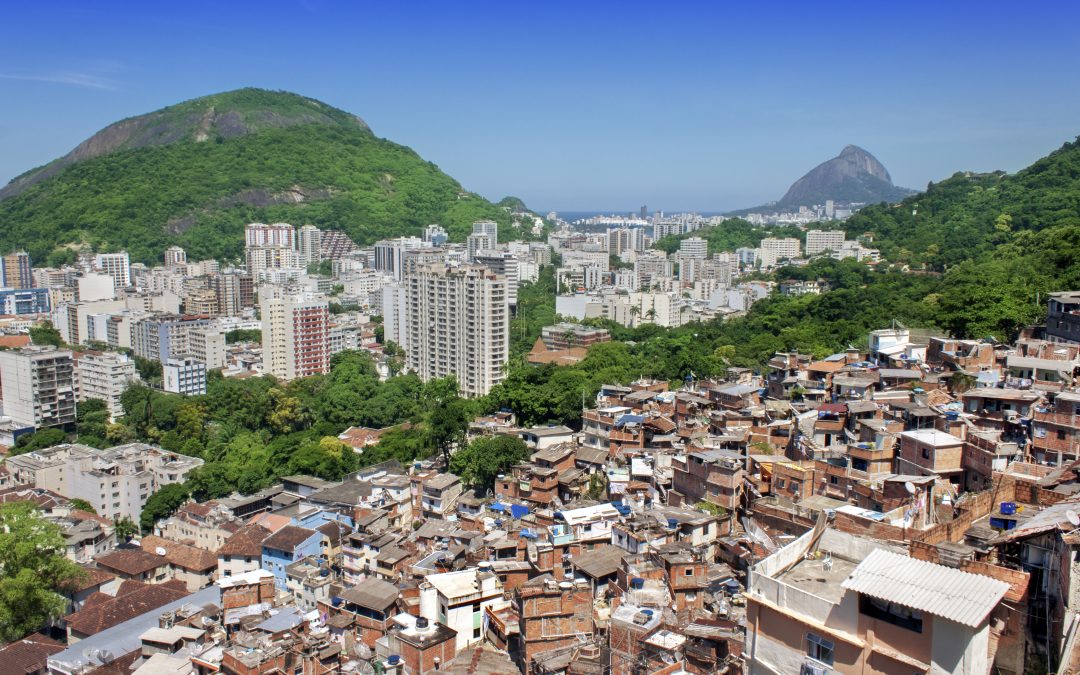Global inequalities is the central theme of DSA2018 in Manchester, which marks the Development Studies Association’s 40th anniversary and 60 years of development studies at The University of Manchester.
Focusing on global inequalities challenges the traditional geographies of development, and demands investigation of the power relations that generate wealth and poverty within and between countries and regions. It also emphasises the many dimensions of inequality, including gender, class, climate, race and ethnicity, region, nationality, citizenship status, age, (dis)ability, sexuality, and religion and the ways these reinforce or counteract each other.
Global inequalities is also one of The University of Manchester’s research beacons; examples of pioneering discoveries, interdisciplinary collaboration and cross-sector partnerships that are tackling some of the biggest questions facing the planet. In this video Professor Diana Mitlin, academic lead for global inequalities explains our approach:
There are pronounced inequalities across the world. While progress has been made in some countries and on some aspects of inequality, it’s still the case that food, health care, infrastructure and resources are plentiful in some areas, yet scarce in others. Far too many households struggle with low income and poor job prospects.
Across the world, men and women’s opportunities, experiences, their potential and their quality of life are shaped by unequal treatment, prejudice and discrimination due to their personal characteristics or family background.
At its most stark, this means that around 800 million people in the world will go hungry today, and 29,000 children will die from preventable health care problems.
At The University of Manchester we’re focusing on all aspects of inequality, from poverty to social justice, from living conditions to equality in the workplace. We seek to understand our world and directly change it for the better.
There is enough food to feed everyone in the world. There is no justifiable reason why the opportunities of health and well-being should not be available to all, irrespective of gender, ethnicity, educational opportunities, social class, age, sexuality, religious belief or dis/ability. Read more about how Manchester research is tacking inequalities head on:

